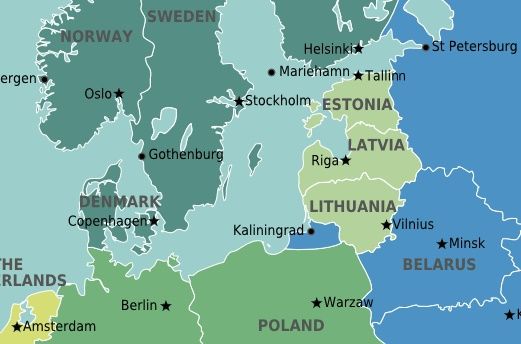The government has unveiled plans for a new defence policy initiative expected to be presented in full next week, in which Russia appears to be a major factor in determining future defence strategy.
The defence minister, Claus Hjort Frederiksen, wants to install missile systems on Danish warships to protect Danish airspace against hostile aircraft, reports DR Nyheder.
Additionally, equipment should be installed to detect and prevent attacks from submarines.
The government also intends to establish a brigade of 4,000 soldiers that can be deployed and assist other NATO countries in the event of attack.
A change of strategic direction
“Since the Soviet Union collapsed and the Berlin Wall fell, the Danish defence capability has been built up to be an expeditionary force that can operate far from Denmark and fight terrorism, together with troops from other countries,” said Frederiksen.
READ ALSO: Government presents new foreign policy strategy
Events in the Ukraine – particularly the annexation of the Crimean peninsular in 2014 and its political aftermath – have played a big part in Frederiksen’s thinking.
“The main thrust now is to change tack from the defence policy of the last couple of decades,” added Frederiksen.
Since the annexation, a number of sanctions have been imposed on Russia by the EU, and the Russians have retaliated by flexing their military muscle, sending aircraft and submarines on exercises close to a number of European countries.
Support forthcoming
The government is still working to put together a majority in support of its proposal, but Socialdemokratiet, at least, is broadly in favour.
The party’s defence spokesperson, Henrik Dam Kristensen, would like to see two things in particular addressed.
“The Russians are deploying missiles in Kaliningrad, which is close to the Danish border and using missiles that can reach Denmark. The other thing is the concentration of Russian troops along the borders of the Baltic countries – that causes insecurity,” said Kristensen.
“We’ll have to see the concrete terms of the proposal, but the parts concerned with protecting our security on a day-to-day basis – we will always be ready to be a negotiating partner here.”













